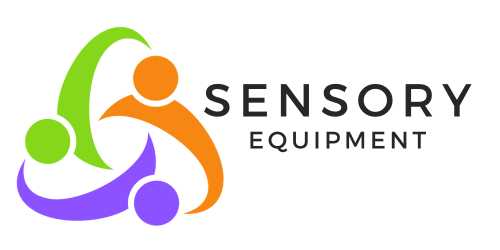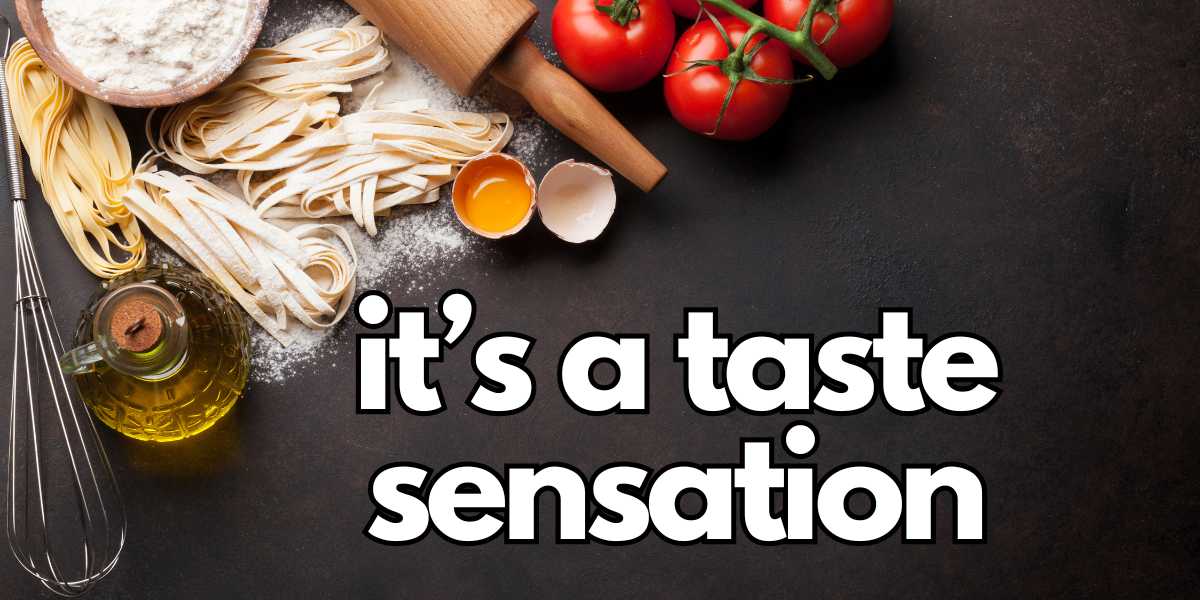Cooking is more than just a culinary skill; it can be a powerful therapeutic tool, offering a wealth of benefits for individuals with complex needs. Whether facing physical disabilities, cognitive challenges, or developmental disorders, engaging in the art of cooking can contribute to overall well-being and enhance various aspects of daily life.
Nutritional Control for Personalised Health
One of the key advantages of cooking for individuals with complex needs is the ability to exercise precise control over ingredients and portion sizes. This is particularly valuable for those with specific dietary requirements, allowing for a tailored and health-conscious approach to nutrition.
Holistic Health and Well-being
Learning to cook at home fosters healthier eating habits. Customising diets to address specific health concerns becomes more manageable, empowering individuals to take charge of their well-being through a balanced and personalised approach to nutrition.
Development of Motor Skills
The physical aspects of cooking, from chopping vegetables to stirring ingredients, provide an opportunity to enhance fine and gross motor skills. For individuals with physical disabilities, this hands-on engagement can be a valuable means of improving motor function.
Cognitive Stimulation Through Culinary Creativity
Following recipes, measuring ingredients, and managing cooking times engage cognitive functions, providing mental stimulation. This is particularly beneficial for individuals with cognitive challenges or developmental disorders, promoting mental sharpness and agility.
Independence, Autonomy, and Confidence
Mastering cooking skills contributes to a sense of independence and autonomy. This boost in self-esteem is crucial for individuals with complex needs, providing confidence in navigating daily living activities independently.
Social Interaction and Community Integration
Cooking can be a social activity, offering opportunities for individuals to engage with others while preparing and sharing meals. This is especially important in combating social isolation and fostering connections within the community.
Therapeutic Value of Culinary Creativity
Beyond its practical aspects, cooking serves as a therapeutic activity, offering a creative outlet and a means of expression. It becomes a stress-reliever and an enjoyable way to relax while creating something meaningful.
Life Skills and Routine Development
Cooking is a fundamental life skill that contributes to an individual’s ability to live independently. Establishing a cooking routine provides structure to daily life, aiding in time management and activity planning.
Sensory Stimulation for Enhanced Experiences
Engaging in cooking involves a variety of sensory experiences, from the feel of different textures to the smells and tastes of ingredients. This is particularly beneficial for individuals with sensory processing disorders, offering a holistic and sensory-rich experience.
In conclusion, cooking for individuals with complex needs extends far beyond the kitchen; it’s a trans-formative journey that promotes physical health, cognitive development, social interaction, and overall well-being. Adapting cooking methods and recipes to accommodate specific needs ensures a positive and safe experience, making the kitchen a place of empowerment and joy for everyone.








